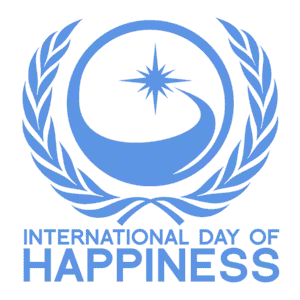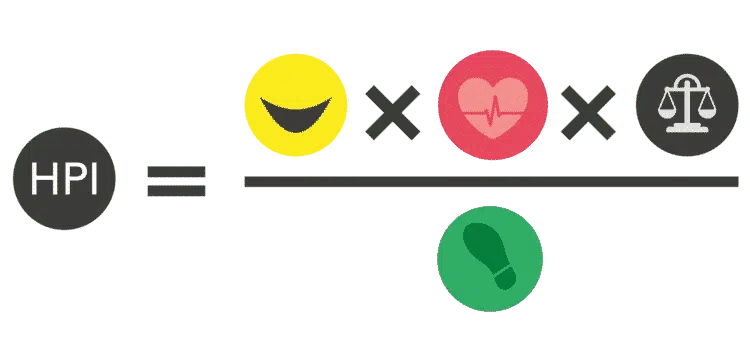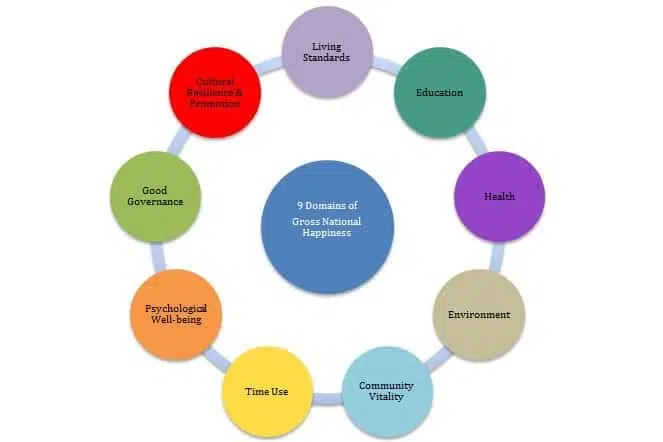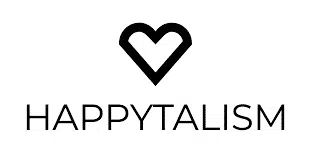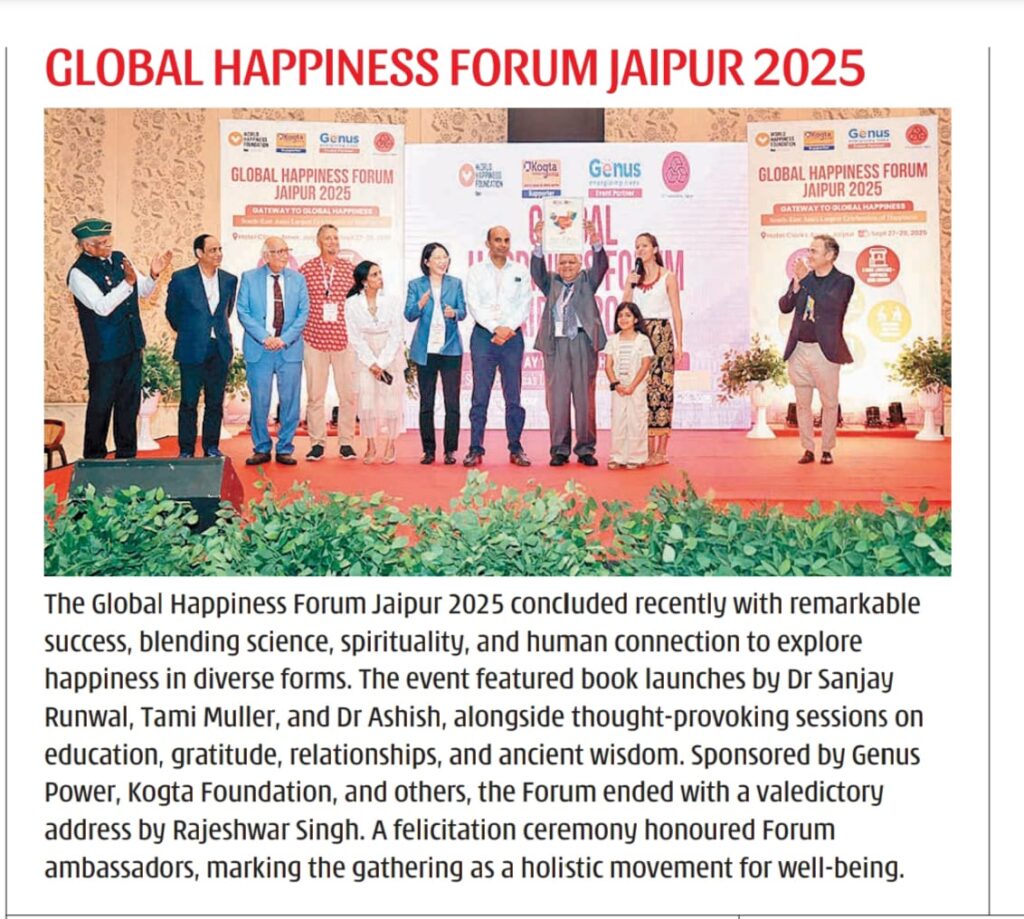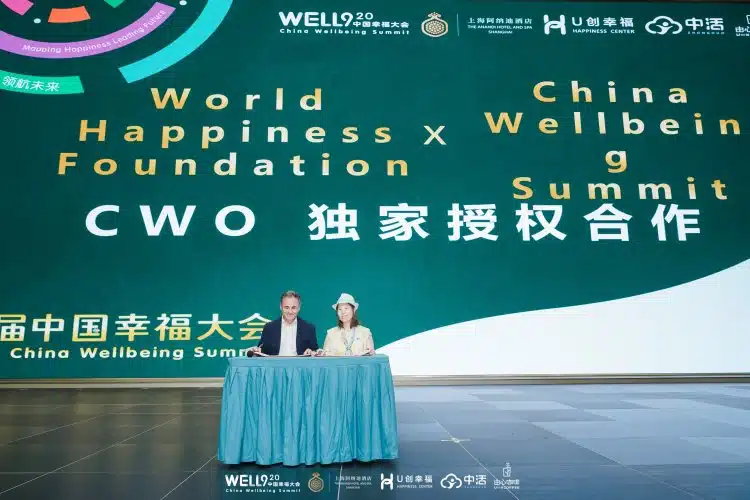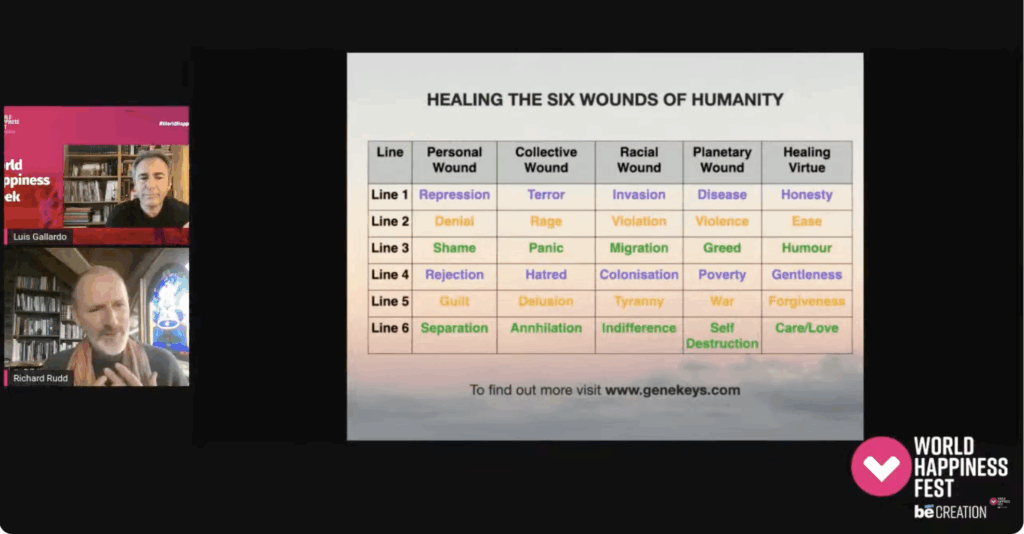
Healing the Six Wounds of Humanity Through Love, Virtue, and Conscious Leadership
Humanity carries deep core wounds that have shaped our personal lives and collective story. These wounds—first identified in the Gene Keys teachings of Richard Rudd—are Repression, Denial, Shame, Rejection, Guilt, and Separation. They represent the pain and fear we all inherit, passed down “at the point of conception in our ancestral DNA”. In modern society, we see these wounds still open: people repress their true feelings, communities live in denial of uncomfortable truths, many suffer in shame, feel rejected or marginalized, carry guilt over the past, and experience profound separation from each other and from nature. Yet within each wound lies a seed of transformation. This article explores how these six wounds manifest on personal, collective, racial, and planetary levels—and how we can heal them through love, virtue, and conscious leadership. Blending spiritual insight with scientific understanding, we invite educators, coaches, leaders, and everyday individuals to reflect, feel, and act. Healing is possible: when we courageously face these wounds with honesty and compassion, we become agents of change, guiding ourselves and our communities from pain to wholeness. Understanding


